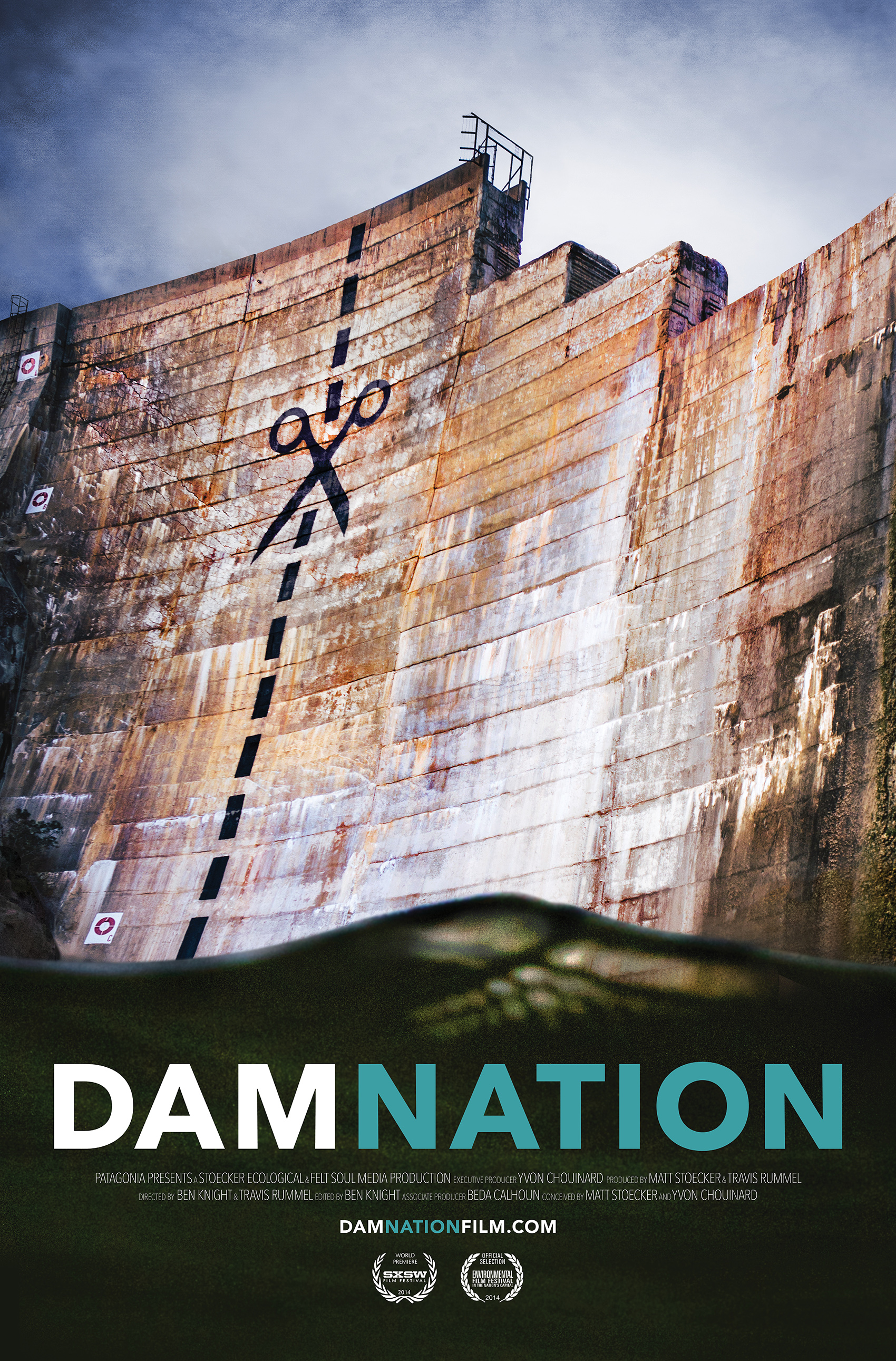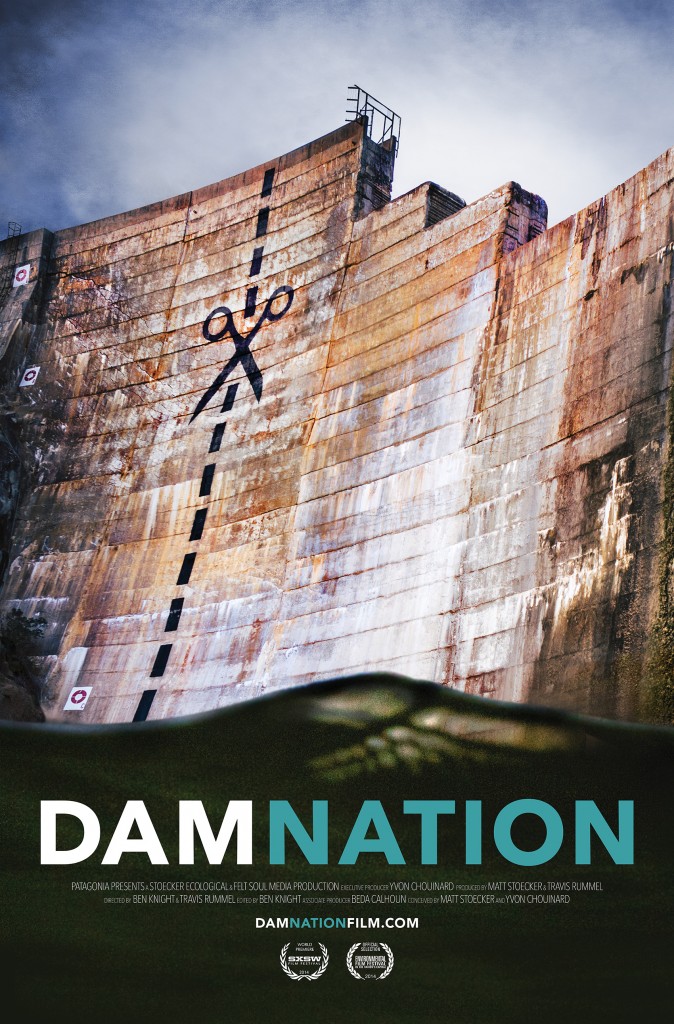
By Zak Hoskins
Director Ben Knight and his cohorts risk arrest to bring the story of dams’ ecological destruction to light. Damnation is a visually stunning movie that highlights beautiful rivers contrasted with the destruction brought to ecosystems by giant hydroelectric dams.
The movie’s main focus is on dam removal, the change of people’s attitudes in regards to dams and hydro power as a source of “green energy”. A portion of the movie is on the Lower Elwha dam removal, the largest dam removal effort to that point in time.
Local Elwha tribal members are also shown in the documentary. There is also a focus on salmon habits and the negative effect dams have on them.
English as a second language, Instructor Sean Gomez and also Magic of Cinema coordinator put the screening of DamNation together. The film was shown Friday, May 1 at 7 p.m. at Maier Performance Hall. Gomez who lives by the mouth of the Elwha was personally affected by the dam removal. “Excited it is a well done film, said Gomez, it is timely.”
The movie was followed by a panel discussion of the film.

Professor Ian Miller, Coastal Hazards Specialist with Washington Sea Grant, said “I am excited to join the audience and to have the panel broaden my focus past the Elwha.”
The panel included Jim Waddell who is in the documentary. Waddell could be described as a whistle-blower in regards to bringing negative light regarding the economic costs of running the Snake River dams, which span across many states. Waddell, formerly with the U.S. Army Corps of Engineers, brought to light the massive deficits of running the dams and how much precisely those dams are costing the taxpayers.
The Dean of Huxley College of the Environment a branch of WWU, Steve Hollenhorst PhD, was on the panel with hopes of creating a degree though Huxley in dam removal.
Dr. Richard W. Osborne, Research Consultant, Olympic Natural Resource Center talked about dams’ negative effect on orca populations due to lower levels of salmon in orca migration runs.
Matt Stoecker, director of underwater photography for the film, said “seeing how quickly a river and its fish rebound following dam removal is something that has really inspired people we have heard from. I think the film also gives viewers hope that anyone, regardless of your age or experience, can make a dam come down if they have enough passion and persistence.
“More and more studies are showing that dams and their reservoirs are major emitters of greenhouse gases and that they also elevate the negative impacts of climate change, such as blocking the flow of sediment from replenishing our coastlines and protecting communities from sea level rise. It’s clear now that the concept of big dams producing ‘green energy’ is just a myth being spread by the hydro industry.”
Although Stoecker said that he and the crew did not get into any trouble for trespassing or vandalism, they did mange to paint a giant set of scissors on a dam.
DamNation is a beautifully crafted documentary. Whether for or against dam removal in the United States this is an entertaining and enlightening film. Moving while at the same time maintaining good humor, Ben Knight and crew put together a well crafted piece of cinema. Visually spectacular with thoughts and views from professionals and regular people alike. DamNation is a must-see documentary.
Four doubloons out of five.
